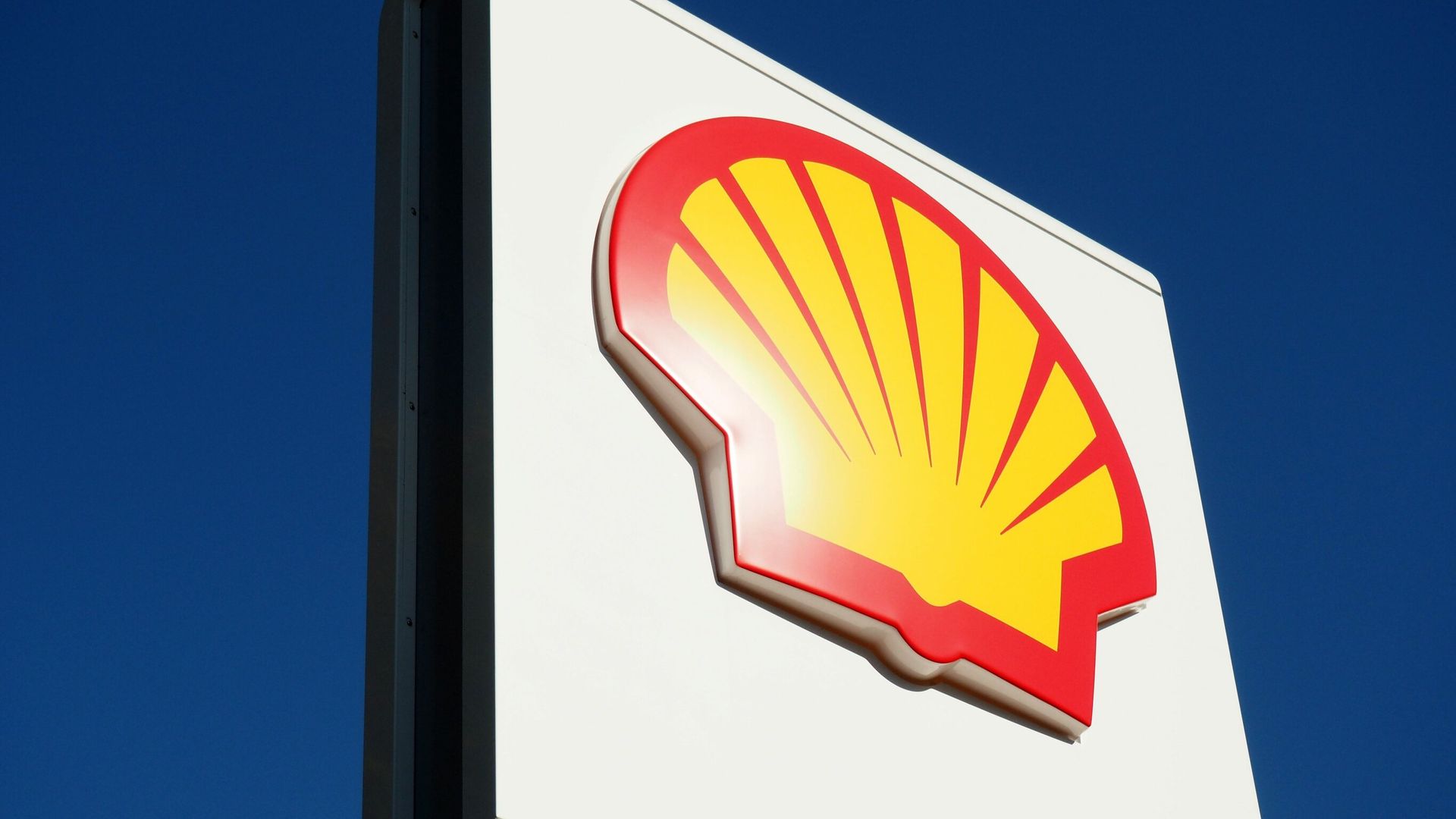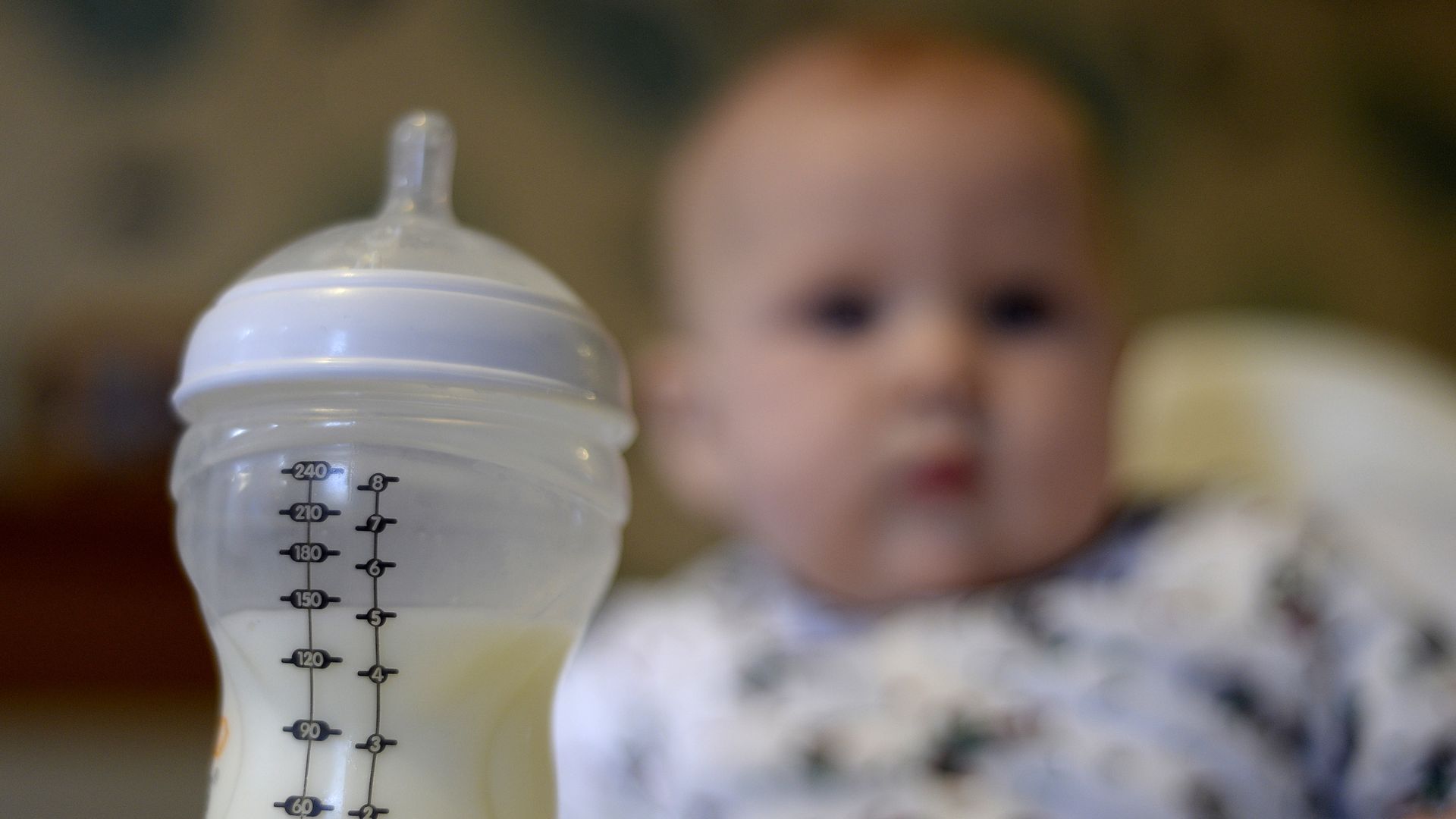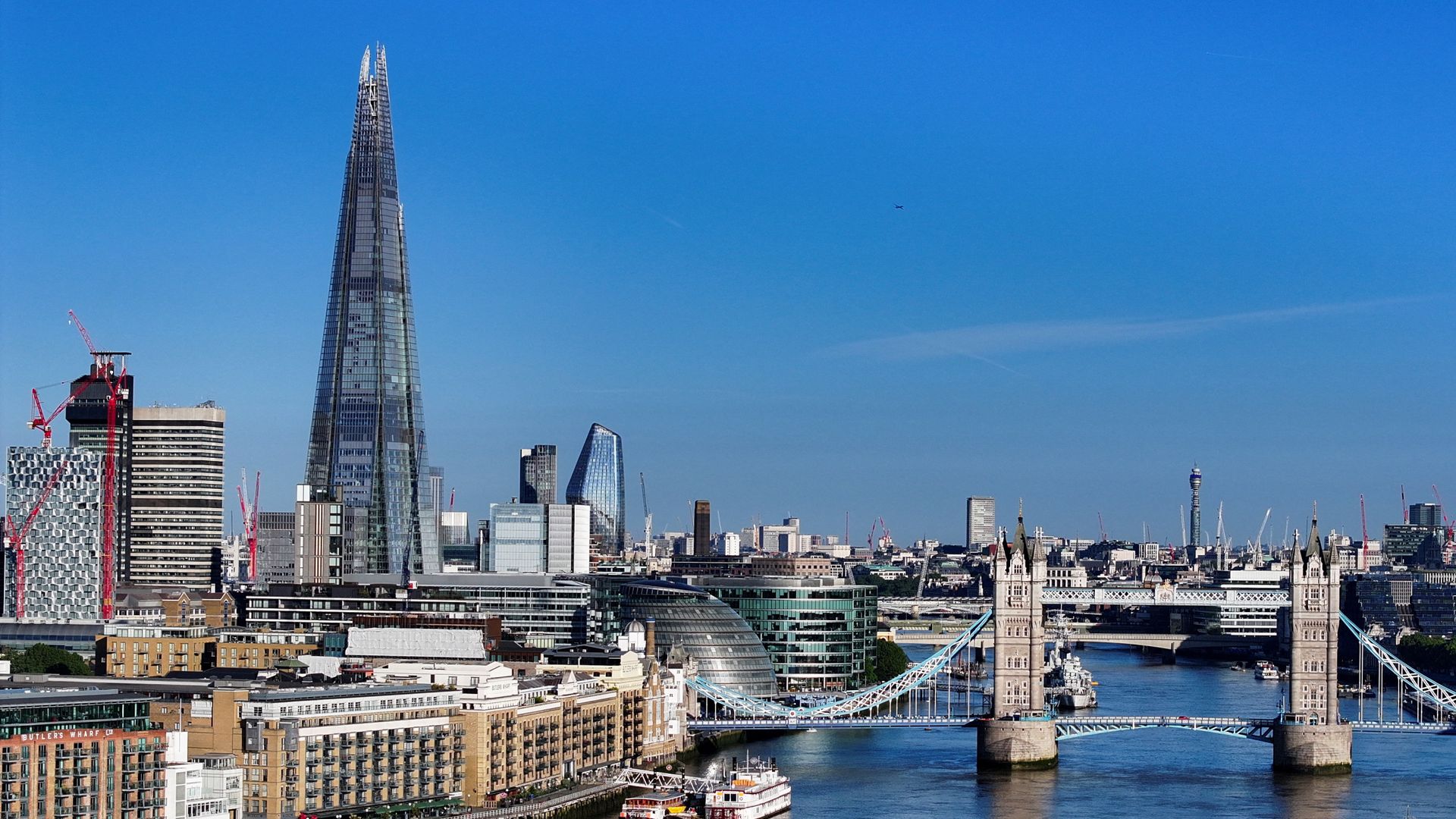

Environmental groups have generally viewed the big budget and policy bill passed by Congress last week as a catastrophe for electric vehicles and green energy projects. But the final version of the legislation leaves enough wiggle room to save at least one endangered battery factory.
Ford Motor said this week that a $3 billion plant it is building in Marshall, Mich., to produce batteries for electric vehicles, will still qualify for federal tax credits thanks to last-minute tweaks to the bill’s language. Earlier versions would have excluded the project because it will use technology licensed from a Chinese company, Contemporary Amperex Technology Ltd., known as CATL.
There is still plenty in the bill to make proponents of electric vehicles weep. It eliminates tax credits of up to $7,500 for people who buy electric vehicles and it guts clean air regulations that encouraged carmakers to sell vehicles with no tailpipe emissions. The bill also imposes new restrictions that will make it harder for many companies to qualify for production tax credits they had counted on.
But the slight concessions in the final version of the legislation, which became clear only after experts had a chance to parse the fine print, suggest that at least some Republican lawmakers were aware that cuts in the bill would strike their constituents the hardest. Democratic legislation in 2022 inspired a boom in construction of battery factories and electric vehicle plants, primarily in Southern states where Republicans dominate.
In November, Donald Trump won 56 percent of the vote in Calhoun County, Mich., which includes Marshall. Ford has already begun hiring for the factory and expects to employ 1,700 people there.
Ford had said it would build the factory regardless of what happened to the tax credits. But elimination of the credits, which could be worth billions of dollars to Ford, would have made it much harder to operate the factory profitably.
Ford would probably have had to also reassess the financial viability of a large factory complex it is building in Tennessee to manufacture electric vehicles, and reconsidered battery factories under construction in Kentucky as part of a joint venture with SK Innovation, a South Korean company.
“Ford is committed to making the best, most cost-effective batteries for the next generation of electric vehicles in the United States,” the company said in a statement. “BlueOval Battery Park Michigan is on track to qualify for the production tax credit — a win for our customers and a win for American competitiveness.”
William Ford Jr., the company’s executive chairman, had earlier warned that the tax credits were “critical” for the Marshall plant. He and other executives were in touch with the White House almost daily, Mr. Ford said last month, arguing that withdrawal of financial support promised by the Biden administration was unfair.
“We made a certain investment based upon a policy that was in place,” Mr. Ford said at the time. “It’s not fair to change policies after all the expenditure has been made.”
The factory in Marshall will produce batteries whose principal ingredients are lithium, iron and phosphate, referred to as LFP. Most of the electric cars produced in the United States use batteries made of lithium, nickel, cobalt and manganese, or NCM.
LFP batteries are heavier than NCM batteries, but substantially less expensive and less likely to catch on fire. Ford plans to use them in a line of modestly priced pickups that a team of former Tesla engineers is developing in California. If successful, the project will bring the purchase price of electric vehicles closer to that of cars that run on gasoline and make electric driving accessible to more people.
LFP technology was invented in the United States but has been manufactured almost exclusively in China, which has a lock on the knowledge required to mass produce the batteries. The Ford factory in Marshall will use technology licensed from CATL, the world’s largest maker of electric vehicle batteries.
Tesla is also building an LFP factory in Nevada that the company said last month is close to completion.
Early versions of the big budget bill effectively denied production tax credits to companies that used Chinese technology. That was a problem not only for the Marshall plant.
With financial support from the Chinese government, Chinese companies have invested heavily in battery research and are years ahead of Western companies. It is nearly impossible to build batteries without using some Chinese technology, analysts and industry executives say.
The final legislation still places restrictions on Chinese involvement, reflecting the views of some members of Congress that Chinese technology is a security threat. But the bill left enough leeway for the Michigan plant to qualify, Ford said.










-3.png)



